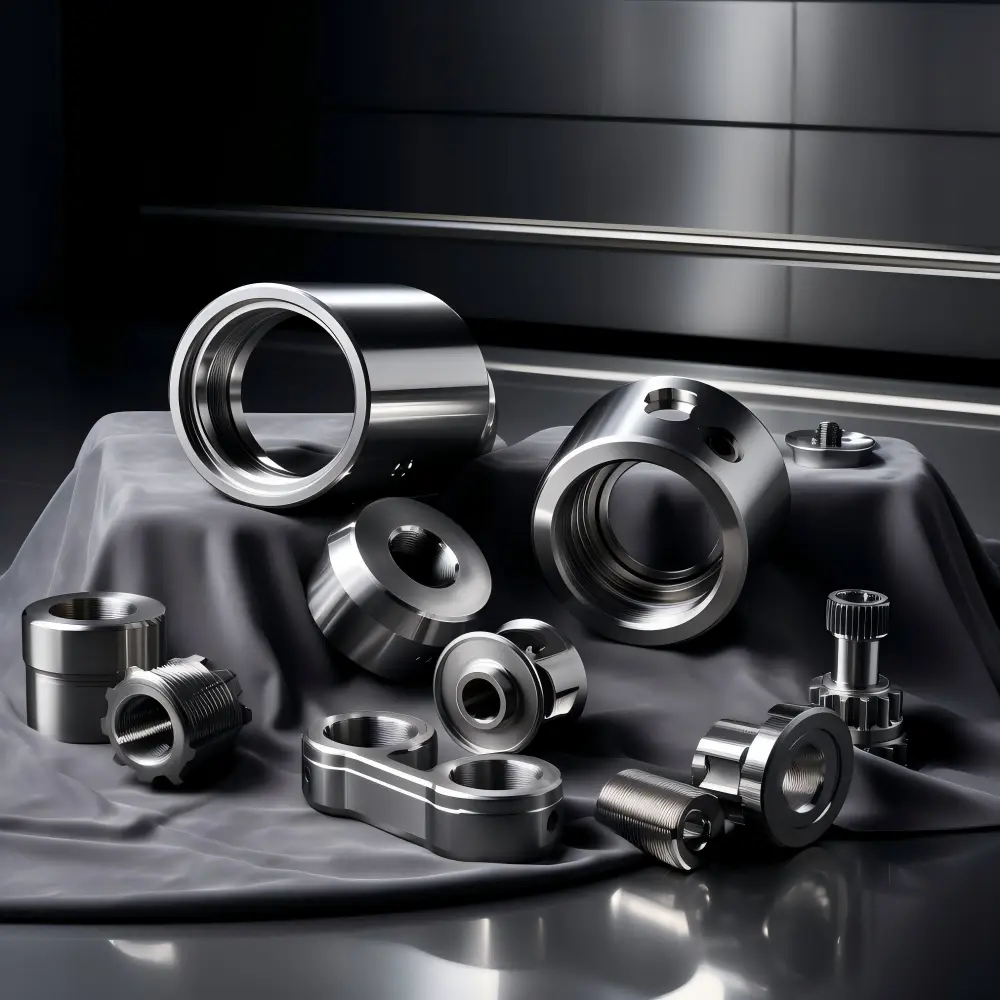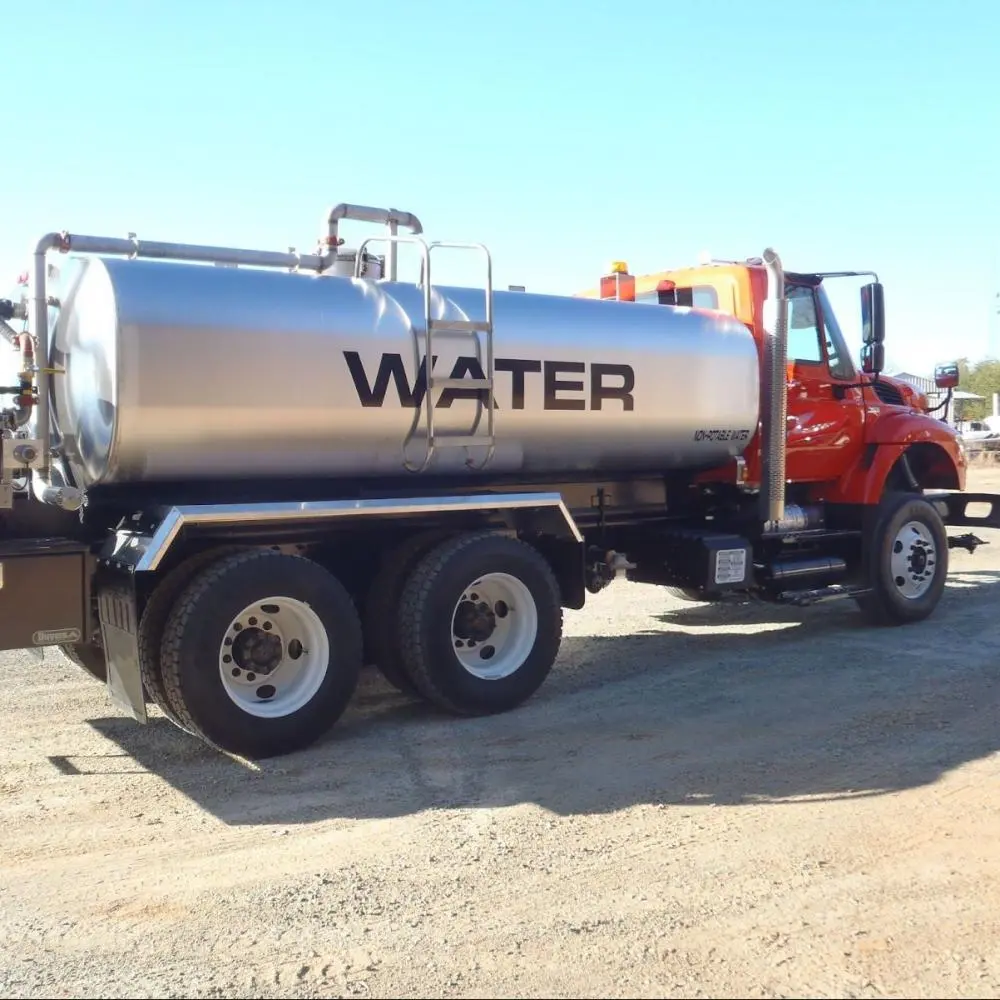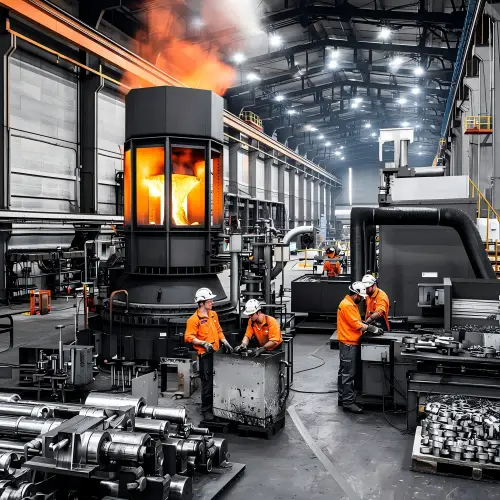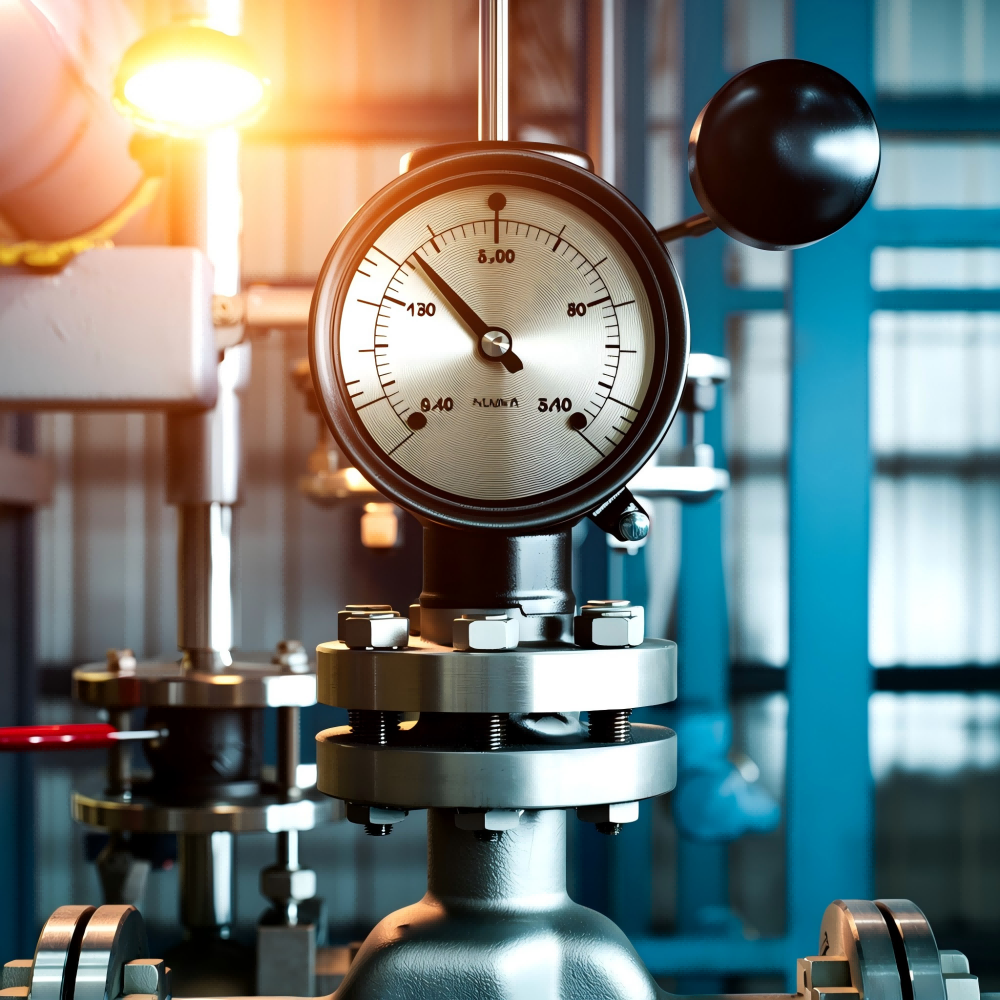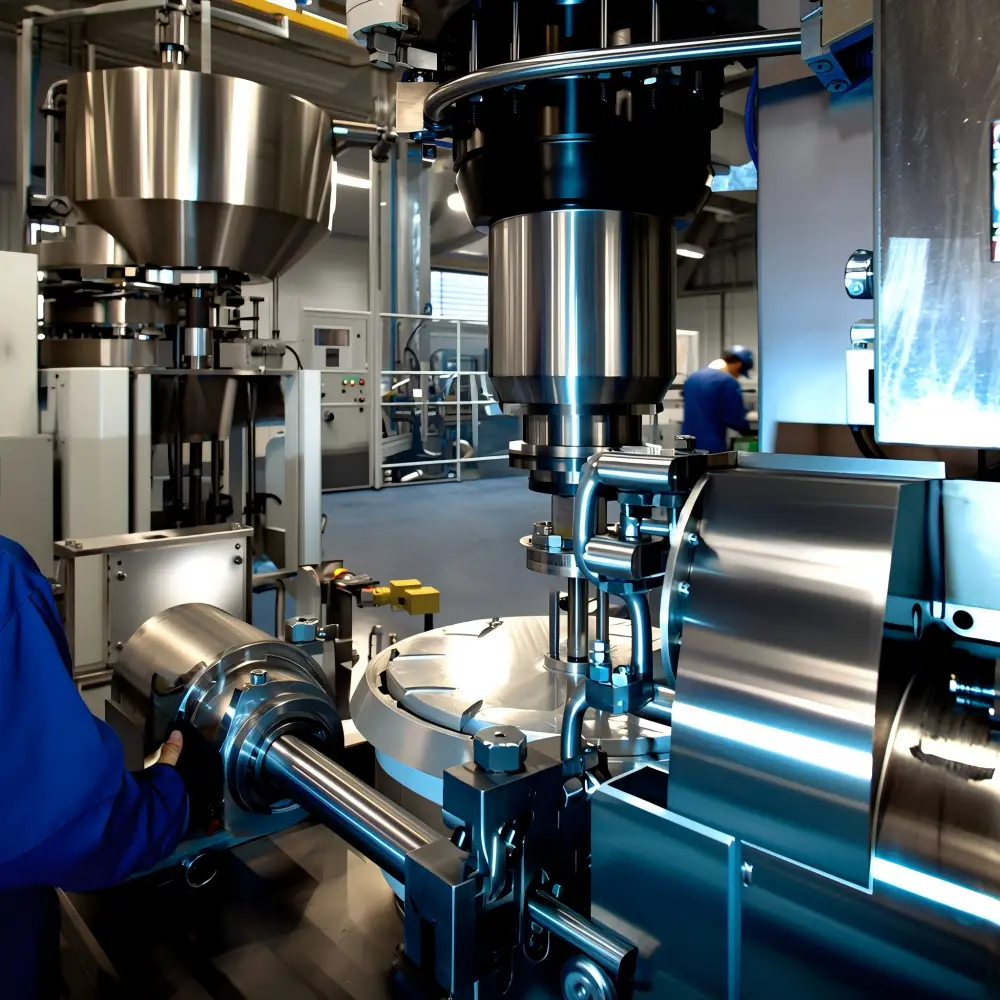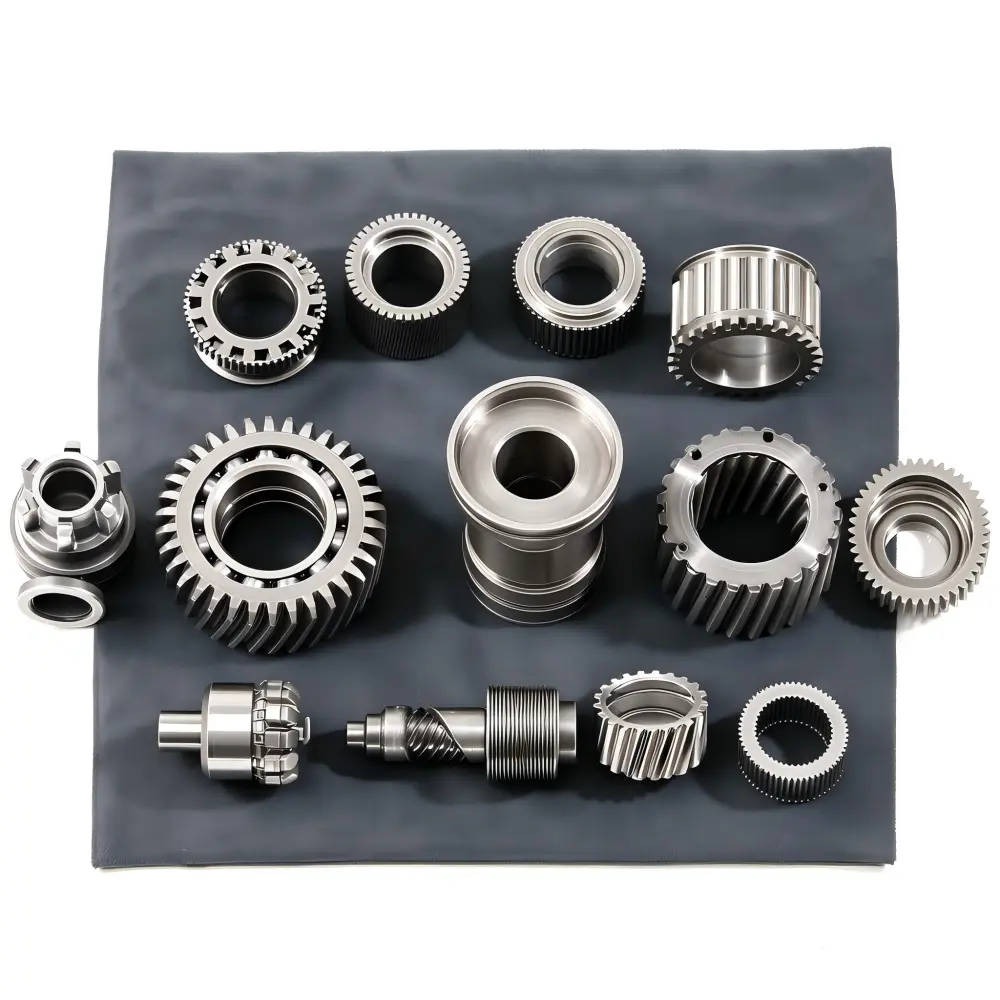Stainless Steel Castings: Boost Food Machinery Efficiency
Stainless steel investment castings revolutionize food machinery by enhancing efficiency through their exceptional properties. This material stands out due to its durability, precision, and hygiene, making it indispensable in the food industry. Stainless steel's resistance to corrosion ensures longevity, while its ability to form complex shapes with high precision meets the intricate demands of modern food processing equipment. Moreover, its non-reactive surface maintains strict hygiene standards, crucial for food safety. These qualities have solidified stainless steel as the preferred choice for manufacturers seeking to optimize their machinery's performance and reliability.
Benefits of Stainless Steel in Food Machinery
Durability and Longevity
Stainless steel investment castings offer remarkable durability, making them ideal for food machinery. Their resistance to corrosion and wear ensures that equipment maintains its integrity over time. This longevity reduces the need for frequent replacements, leading to significant cost savings. In environments where machinery faces harsh conditions, stainless steel stands resilient. It withstands exposure to extreme temperatures, corrosive chemicals, and abrasive materials. This resilience translates into a prolonged lifespan for industrial assets, safeguarding operational efficiency and reliability.
Precision and Complexity
The ability of stainless steel Investment Castings to produce complex shapes with high precision is unmatched. This capability allows manufacturers to meet the intricate demands of modern food processing equipment. The investment casting process enables the creation of detailed components that fit seamlessly into machinery. This precision ensures that each part functions optimally, enhancing the overall performance of the equipment. As a result, manufacturers can design machinery that operates with greater accuracy and efficiency.
Hygiene and Safety
Maintaining hygiene in food machinery is paramount, and stainless steel investment castings excel in this area. Their non-reactive surface plays a crucial role in upholding food safety standards. The smooth finish of stainless steel minimizes the risk of bacterial growth, ensuring that machinery remains sanitary. This feature is essential in food processing environments where cleanliness is a top priority. By using stainless steel, manufacturers can guarantee that their equipment meets stringent hygiene requirements, protecting both consumer health and industry reputation.
Applications in Food Machinery
Common Components
Stainless Steel Castings play a pivotal role in the construction of essential components within food machinery. Blades, gears, and housings are among the most common parts that benefit from the use of stainless steel. These components require materials that can withstand rigorous conditions without compromising performance. Stainless steel's robust nature ensures that these parts maintain their integrity over time, reducing the need for frequent replacements. This durability translates into fewer disruptions in food production processes, enhancing overall operational efficiency.
- Blades: Stainless steel blades offer exceptional sharpness and longevity. They resist corrosion, even when exposed to acidic or alkaline substances, ensuring consistent cutting performance.
- Gears: The precision casting of stainless steel gears allows for smooth and efficient operation. These gears endure high stress and friction, maintaining functionality in demanding environments.
- Housings: Stainless steel housings provide a protective barrier for internal components. Their resistance to wear and corrosion ensures that machinery remains operational under harsh conditions.
Case Studies
Several case studies highlight the transformative impact of stainless steel castings on food machinery efficiency. These examples demonstrate how manufacturers have leveraged the material's properties to enhance performance and reliability.
-
Improved Cutting Efficiency: A leading food processing company replaced traditional blades with stainless steel alternatives. The result was a significant increase in cutting speed and precision, reducing processing time and waste.
-
Enhanced Gear Performance: In another instance, a manufacturer of food packaging equipment integrated stainless steel gears into their machinery. This change led to smoother operation and reduced maintenance costs, as the gears exhibited superior wear resistance.
-
Durable Housing Solutions: A dairy processing plant adopted stainless steel housings for their equipment. This decision minimized downtime caused by corrosion-related failures, ensuring continuous production and safeguarding product quality.
These case studies underscore the value of stainless steel in optimizing food machinery. By investing in stainless steel castings, manufacturers can achieve greater efficiency, reliability, and cost-effectiveness in their operations.
Economic and Environmental Impact
Cost Efficiency
Stainless steel investment castings offer significant cost efficiency in food machinery applications. Durability stands as a primary factor contributing to cost savings. Stainless steel's resistance to corrosion and wear ensures that machinery components last longer, reducing the frequency of replacements. This longevity translates into lower life cycle costs compared to other materials. Although the initial acquisition cost of stainless steel components may be higher, the reduction in operating and maintenance expenses offsets this over time. Manufacturers benefit from fewer disruptions in production due to the reliability of stainless steel parts, ultimately leading to increased profitability.
Sustainability
Stainless steel's sustainability makes it an attractive choice for environmentally conscious manufacturers. Its recyclability plays a crucial role in supporting sustainable practices. Stainless steel can be recycled multiple times without losing its quality or purity, making it a valuable material in the circular economy. This characteristic reduces waste and conserves resources, aligning with global efforts to minimize environmental impact. Additionally, stainless steel's durability reduces the need for frequent replacements, further decreasing waste generation. By choosing stainless steel, manufacturers contribute to a greener future while maintaining high standards of efficiency and performance in their food machinery.
Stainless steel investment castings play a crucial role in enhancing the efficiency and reliability of food machinery. They offer several key benefits:
- Durability: Stainless steel's robust nature ensures equipment longevity, reducing the need for frequent replacements and minimizing downtime in food production facilities.
- Precision: The ability to form complex shapes with high precision meets the intricate demands of modern food processing equipment.
- Hygiene: Its non-reactive surface maintains strict hygiene standards, crucial for food safety.
- Cost Efficiency: Stainless steel castings provide a cost-effective solution due to their long service life and reduced maintenance costs.
- Environmental Impact: Stainless steel machinery promotes energy efficiency, supporting a greener future.
These attributes make stainless steel an indispensable material in the food industry, safeguarding both consumer health and industry reputation.
See Also
Future Trends In Advanced Precision Casting Technologies
Exploring The Advantages Of Precision Casting Techniques
Utilizing Tin Bronze Castings In Oil Pump Production






